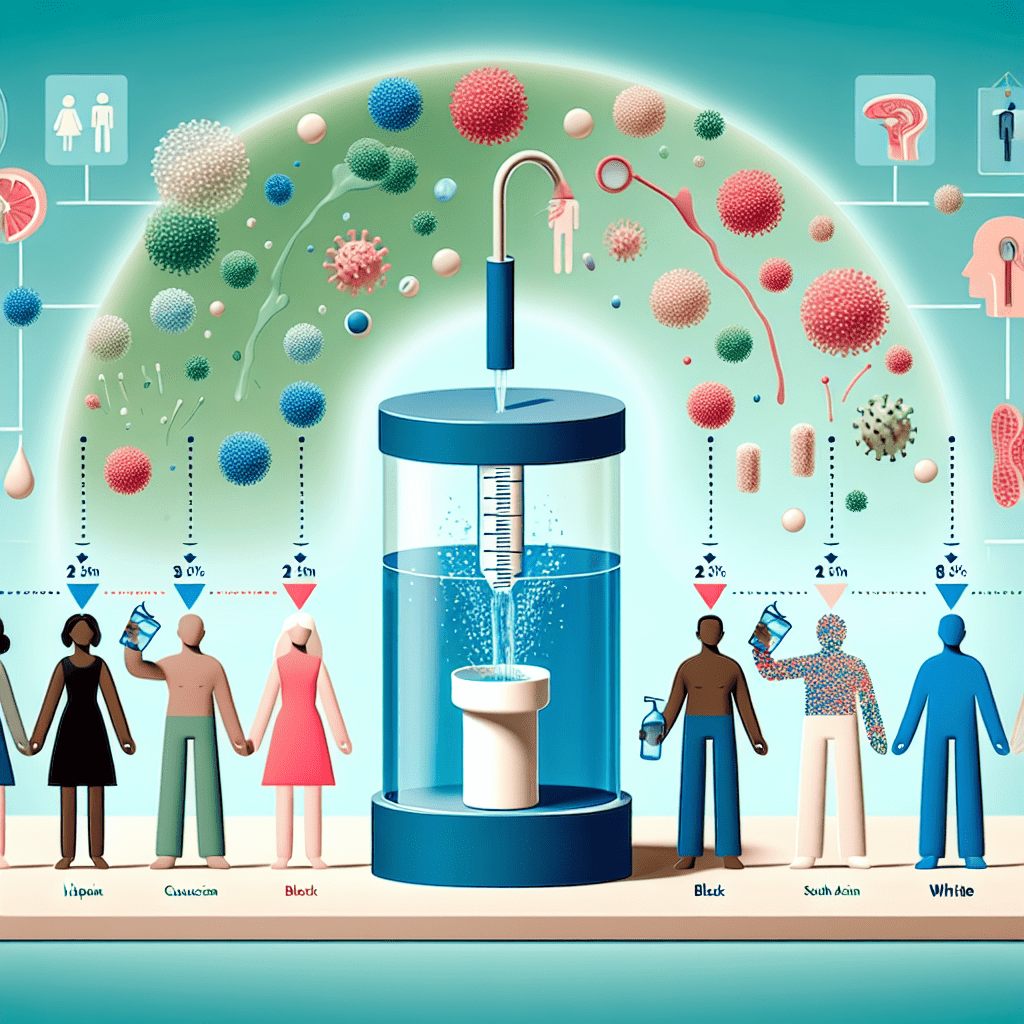The Science of Hydration: How Much Water Do You Really Need?

The Science of Hydration: How Much Water Do You Really Need?
Water is an essential component of life. It plays a vital role in maintaining the health and functionality of every cell in our bodies. But how much water do we really need? This question has been the subject of much debate and research. The answer, it turns out, is not as straightforward as you might think.
Traditionally, the "8x8" rule has been widely propagated, suggesting we should consume eight 8-ounce glasses of water per day. However, this one-size-fits-all approach has been challenged by recent scientific studies. As Dr. Heinz Valtin, a kidney specialist and professor at Dartmouth Medical School, noted, "There is no scientific evidence to support the '8x8' rule."
"There is no scientific evidence to support the '8x8' rule." - Dr. Heinz Valtin
So, how much water should we be drinking? The answer depends on several factors including age, gender, weight, health status, physical activity level, and climate. For instance, athletes or those living in hot climates may need to consume more water to compensate for the additional fluid loss through sweat.
The National Academies of Sciences, Engineering, and Medicine provides a more nuanced guideline. According to their recommendations, men should aim for about 3.7 liters (or about 13 cups) of total water intake per day, while women should aim for 2.7 liters (or about 9 cups). It's important to note that this includes all beverages and food.
"Men should aim for about 3.7 liters of total water intake per day, while women should aim for 2.7 liters." - National Academies of Sciences, Engineering, and Medicine
However, these are just guidelines. Individual hydration needs can vary greatly. It's important to listen to your body and drink when you're thirsty. Symptoms of dehydration can include fatigue, dizziness, and confusion. In severe cases, it can lead to heat stroke or kidney failure.
Hydration is not just about how much water you drink, but also about the balance of electrolytes in your body. Electrolytes are minerals that help regulate fluid balance, nerve function, and muscle contractions. They include sodium, potassium, calcium, and magnesium. Drinking too much water without replenishing electrolytes can lead to a condition called hyponatremia, which can be life-threatening.
The Importance of Hydration for Heart Health
Keeping hydrated is particularly important for heart health. The heart is a muscle that relies on a steady supply of water to function properly. When we're dehydrated, the heart has to work harder to pump blood, which can increase the risk of heart disease.
According to a study published in the European Journal of Nutrition, even mild dehydration can impair vascular function. The researchers concluded, "Our study demonstrates that maintaining hydration can improve vascular function and lower cardiovascular risk."
"Our study demonstrates that maintaining hydration can improve vascular function and lower cardiovascular risk." - European Journal of Nutrition
In conclusion, while the exact amount of water needed can vary from person to person, it's clear that staying hydrated is crucial for our overall health and particularly for heart health. So, make sure to listen to your body, keep a water bottle handy, and remember to replenish your electrolytes, especially during physical activity or hot weather.
As the ancient Greek physician Hippocrates wisely said, "Water is the best of all things."
"Water is the best of all things." - Hippocrates
Summary
Hydration is a complex science that depends on various factors such as age, gender, weight, health status, physical activity level, and climate. While the traditional "8x8" rule has been debunked, the National Academies of Sciences, Engineering, and Medicine suggest that men should aim for about 3.7 liters of total water intake per day, while women should aim for 2.7 liters. However, individual needs may vary, and it's important to listen to your body's signals for thirst. Hydration is not just about water intake, but also about maintaining a balance of electrolytes. Lastly, hydration plays a critical role in heart health, as even mild dehydration can impair vascular function and increase the risk of heart disease. As Hippocrates once said, "Water is the best of all things."



